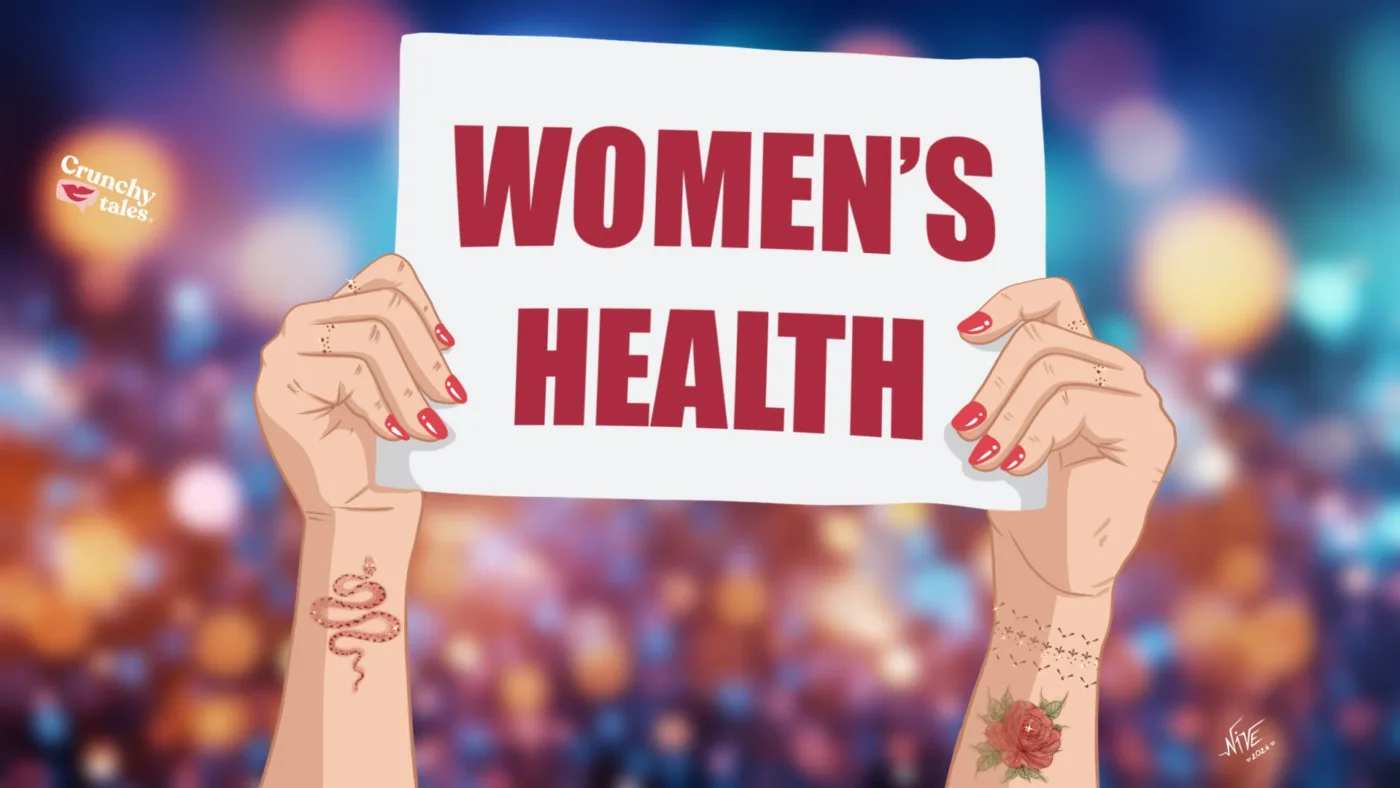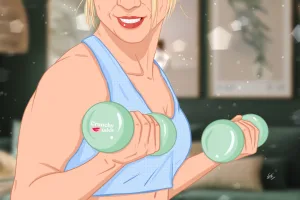Doctor, Let’s Talk: Advocating for the Sexual Healthcare You Deserve
When was the last time you advocated for your own sexual healthcare? When did you last visit your family doctor about an intimate health issue? How did that experience make you feel—empowered, embarrassed, or ignored?
It’s a fact: most doctors receive very little training in supporting women with menopausal symptoms. According to a survey conducted by Menopause Matters, a third of women believe health care providers (HCP) do not fully understand menopause. It goes on to say:
- 72% Believe newly qualified HCPs have not been given enough education about the menopause
- 55% Believe there is insufficient evidence- based education and training for qualified HCPs
- 98% Say more women are seeking treatment for their menopause symptoms
- 72% Believe women do not have adequate access to menopause services
While menopause may be on the British government’s agenda to help older women retain their jobs amid symptoms like brain fog, hot flashes, or general discomfort, the responsibility for addressing sexual health issues during menopause largely falls on us.
Vaginal atrophy, characterised by dryness and pain during intercourse due to estrogen loss and thinning vaginal walls, affects 50% of women over 50. Yes, you read that correctly—half of all women over 50 are currently experiencing or will experience painful sex, often leading them to avoid intercourse or seek help.
In my own experience, I initially thought the solution was using vaginal lubricant. While it alleviated some discomfort, it couldn’t prevent the tearing that often occurred during prolonged sessions with my partner.
I believed that was my fate until a friend, Sam Evan, a registered nurse who runs the sex toy shop Jo Divine, asked me if I was using vaginal estrogen.
Hearing the word “estrogen” triggered my internal alarm; I had avoided hormone replacement therapy (HRT) due to a genetic predisposition to breast cancer. However, she explained that vaginal estrogen is topical, meaning only a small amount enters the bloodstream. It is specifically designed to combat vaginal atrophy by restoring estrogen to the vaginal tissues, improving lubrication, and alleviating painful intercourse.
A single call to my family doctor was all it took to receive a prescription—no blood test required. Within a couple of weeks, all the pain had disappeared, and I began to look forward to sex again.
I suspect I was one of the lucky ones, knowing what to ask for and finding a sympathetic family doctor. However, many women I know are not so fortunate. Many doctors seem unaware of the correct dosage when prescribing Vagirux or similar treatments, and some don’t even know of their existence.
How Midlife Women Can Advocate For Their Sexual Healthcare
What I’ve learned is that when it comes to our sexual health, older patients may encounter medical ageism, whereby our conditions are not taken as seriously as they might be when we were younger. Going into your doctor armed with the facts can significantly improve your chances of receiving the care and attention you deserve.
Here are a few of her recommendations I thought were particularly relevant when discussing sexual health issues (and could be applied to other conditions as well) to help you advocating for your own sexual healthcare.
- Do your Homework
While most doctors might prefer not to hear what “Dr. Google” has to say, it’s best to consult reputable sources to gain a better understanding of potential issues. There are clear signals when something is wrong with our sexual health. For example, if your urine smells of ammonia, you may have a UTI. If sex is painful, you might be experiencing vaginal atrophy. And if you notice an unusual discharge (greenish or cottage cheese-like), you might have an STI or thrush.
- Track your Health
One of the first questions a doctor may ask you is when you first noticed the condition, and for how long you have had it. You can be one step ahead of them by noting down the dates when your condition first occurred and for how long.
- Get a second opinion
If your doctor is not taking steps to help alleviate whatever sexual health problem you are experiencing, ask for a referral to a specialist. This is your right. A recent article in the Guardian noted that medical misogyny is rife when it comes to discussing women’s reproductive and sexual health. Don’t accept being fobbed off.
Finally, it’s also worth checking what is in the ingredients for whatever type of intimate health product you are using. Many of the lubricants, for example, sold in the high street pharmacies, contain glycerin which can interfere with the Ph in your vagina and lead to thrush. Intimate ‘washes’ are not only a waste of money, but typically perfumed and again, are known to create sexual health issues; use water only, no soap.
The more armed you are with information about how to maintain your intimate areas, the better chance you have of sustaining a good and pleasurable sex life. There’s absolutely no reason why the numbers of birthdays we have should determine whether or not we are able to experience pleasurable sex. Making yourself aware of how to look after your intimate areas and being able to discuss sensitive topics around sex and intimacy with your doctor, will not only deliver you into better care but a longer-lasting sex life.
Like this post? Support Us or Sign up to our newsletter to get more articles like this delivered straight to your inbox!







great